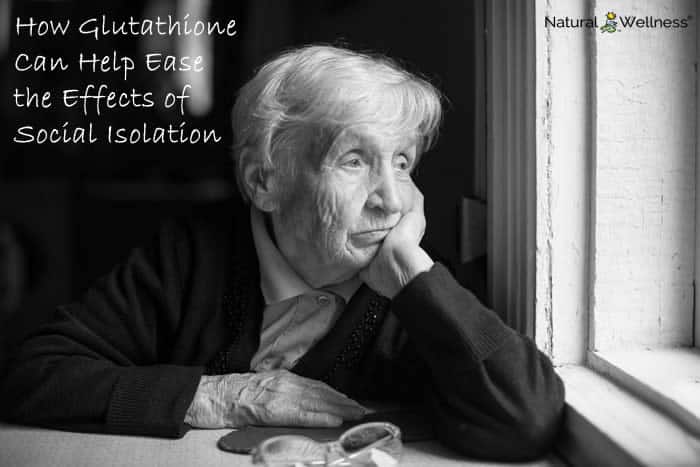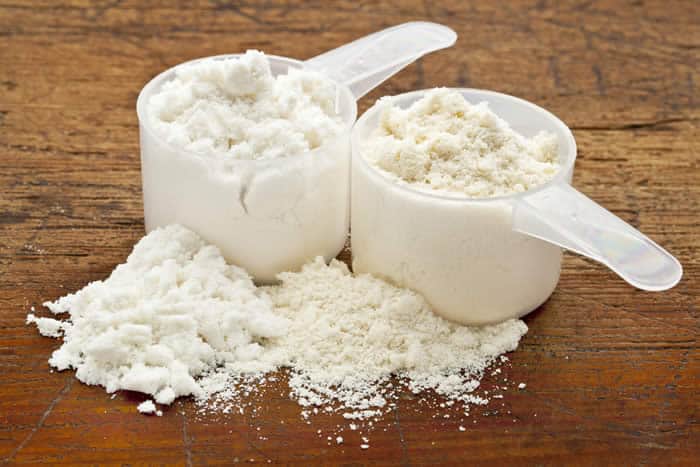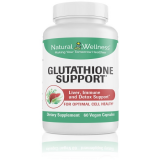
Glutathione Can Ease the Effects of Social Isolation
Raising your glutathione levels can help reduce the impact of stress and social isolation. Find out two ways you can do this!

During the pandemic, many of us experienced social isolation firsthand. Yet, for certain demographics, such as older adults, feeling constantly isolated or detached from others is an everyday reality. (1) This can result in negative health effects. But the antioxidant, glutathione, can help!
Health Effects of Social Isolation
The National Library of Medicine reports that social isolation can impact us both physically and mentally. (2)
- Physically, it can weaken our immunity, making us more susceptible to the latest bug or virus.
- Mentally, social isolation can increase our risk of depression, anxiety, and even suicide.
The National Library adds that being isolated from others can also increase our levels of stress. Stress has its own negative impacts on the body, in addition to those associated with social isolation. This is where glutathione comes into play.
How Glutathione Helps Stress
When we face constant psychological stressors in our lives, our cells are damaged via oxidative stress. Oxidative stress occurs when free radicals (the atoms that damage cells in the body) outnumber the antioxidants that can neutralize them. This opens us up to disease while also contributing to the aging process.
A 2020 article published in Neuroscience & Biobehavioral Reviews explains that low glutathione levels have been connected with stress-related disorders, also calling this tripeptide “arguably the most important endogenous antioxidant in the brain.” (3)
Glutathione—which is comprised of three amino acids: glutamine, glycine, and cysteine—has a high reduced-state to oxidized-state ratio of more than 100, while this ratio drops to 1 in 10 in cells that have had exposure to oxidative stress. (4). It also requires a lot of metabolic activity for you to produce.
There are a couple of ways to raise your glutathione levels, which can help reduce the impact of stress and social isolation. One is through diet, and another is with a supplement.
Increasing Glutathione Levels with Your Diet
Research has found that protein helps increase glutathione levels, particularly when it is in the form of whey. This is because this protein type has a higher cysteine content. (5)

This same study noted that cruciferous vegetables (like broccoli, cauliflower, and Brussels sprouts) and omega-3 fatty acids also help support healthy glutathione levels. Fatty fish like salmon and mackerel are high in omega-3s, as are flaxseed, walnuts, and chia seeds.
Foods high in glutathione include cucumber, spinach, avocado, asparagus, and green beans. Depending on your genes, drinking green tea and fruit or vegetable juice may help as well.
Other nutrients important for supporting glutathione (and the foods that contain them) include:
- B vitamins – leafy greens, milk, beef, eggs, legumes
- Vitamin C – citrus fruit, tomatoes, broccoli, cauliflower, white potatoes
- Vitamin E – sunflower seeds, peanut butter, pumpkin, almonds
- Selenium – seafood, Brazil nuts, organ meats, poultry
Taking a Glutathione Supplement
Another way to increase your glutathione levels is with a supplement. Studies have connected glutathione supplementation with improved cognitive performance in people with Alzheimer’s disease. (6) Animal-based studies also suggest that supplementing with glutathione may help prevent the development of Parkinson’s disease. (7) Both of these conditions are known to be associated with high levels of oxidative stress.
 Natural Wellness now offers Glutathione Support, a supplement that provides 250 mg of L-glutathione (reduced) per capsule. This supplement also contains other nutrients known to support the body’s use of glutathione, such as riboflavin (vitamin B2), selenium, and cysteine.
Natural Wellness now offers Glutathione Support, a supplement that provides 250 mg of L-glutathione (reduced) per capsule. This supplement also contains other nutrients known to support the body’s use of glutathione, such as riboflavin (vitamin B2), selenium, and cysteine.
Glutathione Support is compliant with a vegan diet, is non-GMO, and gluten-free. It is also manufactured in the U.S., where it is made in an FDA-registered facility using Current Good Manufacturing Practices (cGMP).
